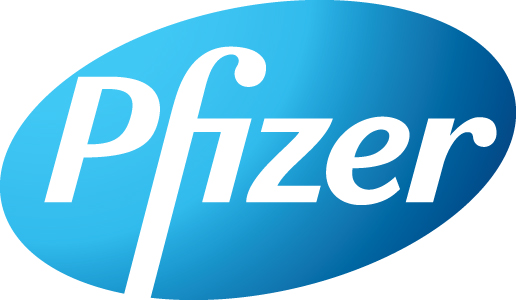Pfizer will start COVID-19 vaccine trial in US next week

Pfizer is preparing to start clinical trials of its COVID-19 candidate in the US next week, and says it could have it ready for emergency use as early as the autumn if the FDA signs off the study quickly.
The mRNA-based vaccine, partnered with BioNTech, has already started phase 1/2 testing in Germany – the biotech’s home market – after the Paul-Ehrlich-Institut (PEI) gave the go-ahead for the study in just four days.
Pfizer’s chief executive Albert Bourla said during the company’s first-quarter results call that the first patients have already been dosed in the German study and FDA approval is expected “shortly.”
Today, BioNTech confirmed that 12 patients out of a target population of 200 have received the BNT162 vaccine candidate in Germany since dosing began on 23 April.
In the meantime the company is ramping up manufacturing to provide millions of doses by the end of the year and Bourla said Pfizer will hike that to capacity to “hundreds of millions” in 2021 if the clinical trials are successful.
In the meantime, an intravenously-administered protease inhibitor that seems to have direct antiviral activity against SARS-CoV-2, the virus that causes COVID-19, is “accelerating towards the clinic” in August or September, according to Bourla.
The comments came as Pfizer experienced “both headwinds and tailwinds” in the first quarter as a result of the coronavirus pandemic, said the CEO, repeating a pattern seen at other drugmakers of strong sales for hospital products but pressure on drugs mainly prescribed through doctors’ surgeries.
COVID-19 boosted hospital product sales by around $150 million in the quarter, said the company, which maintained its prior 2020 guidance of $48.5 to $50.5 billion in full-year revenues.
Overall, first-quarter sales fell 8% to $12 billion – though slightly ahead of forecasts – with weaker sales of paediatric vaccine Prevnar 13 offset by gains for breast cancer drug Ibrance (palbociclib) and oral anticoagulant Eliquis (apixaban).
The biopharma business grew 11% to $10 billion in the quarter, but generics unit Upjohn – in the process of being divested and combined with Mylan – had a torrid quarter, with a 37% drop in revenues to $2 billion.
Part of Upjohn’s decline came from generic competition to epilepsy drug Lyrica (pregabalin) in the US, which had been widely expected. However, the unit was also hit by “the nationwide expansion of the [volume-based procurement] programme in China,” has forced companies to make big price cuts to secure reimbursement cover.
One highlight of the first quarter was the performance of Vyndaqel (tafamidis meglumine), which saw sales rocket from $41 million a year ago to $231 million following its approval for the treatment of transthyretin amyloid cardiomyopathy.












